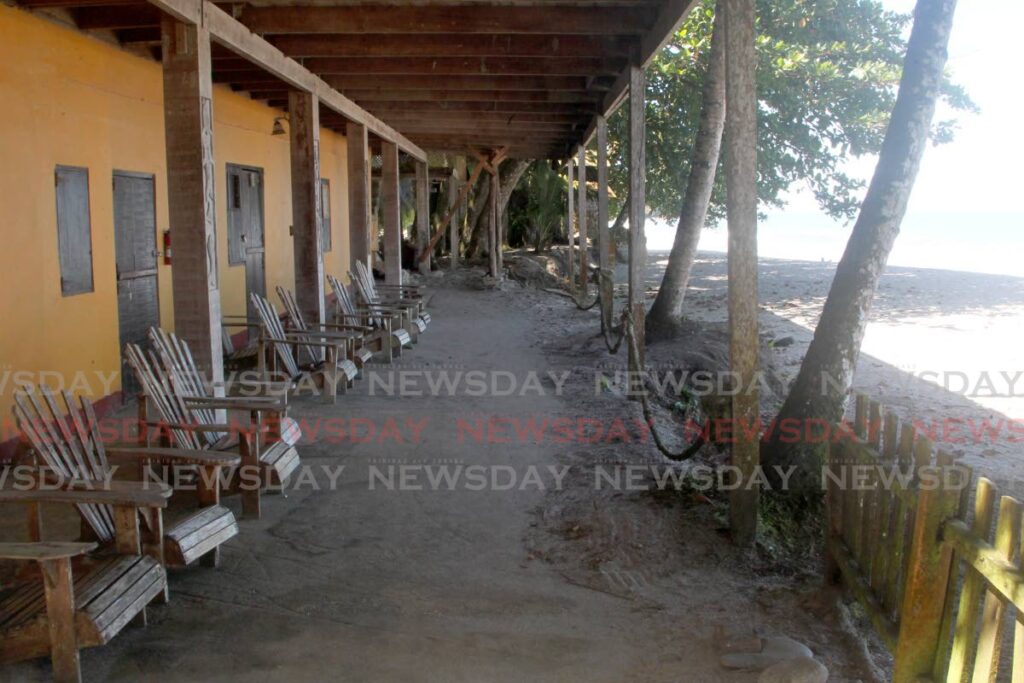Climate change, trade and the business environment

According to NASA, climate change “is a long-term change in the average weather patterns that have come to define earth’s local, regional and global climates.”
The observed global effects are wide ranging and in some cases, debilitating to business, international commerce and economic growth.
The relationship between trade and climate change however flows in two directions.
The operations around manufacturing, production, transportation and general business operations impact climate change through increases in greenhouse gas emissions.
The pollutants which damage the ozone layer result in rising sea levels, increased temperatures, storms and hurricanes which destroy resources and damage economies, affecting their ability to continue producing goods and services.
The Caribbean region has often been identified as a highly disaster-prone area, where hurricanes, floods, volcanic eruptions and earthquakes cause significant deaths and economic losses. As the intensity and frequency of natural disasters worldwide are rapidly increasing due to climate change, Caribbean economies are encouraged to take a critical look at how they can enhance disaster risk reduction and management (DRRM) systems and policies.
The Caribbean Disaster Emergency Management Agency (CDEMA) has explained that “Caribbean small island developing states remain highly vulnerable and exposed, and are seemingly increasing exposure through development practices.”
It is important to reflect on the fact that Caribbean countries, such as Trinidad and Tobago, are not only vulnerable to changes in the natural environment. They also face tremendous macro-economic volatility and are plagued with productivity and competitiveness challenges. Further, they are invariably characterised by single-sector type economies, such as those that are tourism or energy based.
It is evident that emphasis must be placed on mechanisms to protect human life as well as the business community from the ill effects of climate change. It is imperative therefore to highlight the efficacy and significance of disaster risk management systems in an attempt to assist Caribbean businesses and society in remaining resilient. In doing so, the following assumptions are being made:
Countries have created a policy space to plan for such unforeseen events.
Mechanisms exist to facilitate and give special consideration to businesses which face climatic events at an unprecedented rate.
A disaster risk reduction and management (DRRM) system calls for a multi-dimensional approach to achieving resilience to climate change. This will involve government, the business community and society at large developing risk management strategies, metrics and targets to deal with natural events that are prominent or will be appearing in the country’s geographic region. DRRM systems decrease the level of vulnerability of the countries which employ them.
There are five main components needed to create a roadmap for advocating for DRRM in the Caribbean: (i) rapid response
(ii) early warning systems
(iii) education
(iv) disaster insurance (v) new standards.
According to the UN Office for Disaster Risk Reduction (UNISDR), resilience is the ability of a system, community or society exposed to hazards to resist, absorb, accommodate to and recover from the effects of a hazard in a timely and efficient manner, including through the preservation and restoration of its essential basic structures and functions.
Real resilience in TT and the Caribbean will require transformation and forward thinking.
The Trinidad and Tobago Chamber of Industry and Commerce thanks Leeooi-Oneika Howard, trade analyst in our Trade and Business Development Unit for this article.


Comments
"Climate change, trade and the business environment"